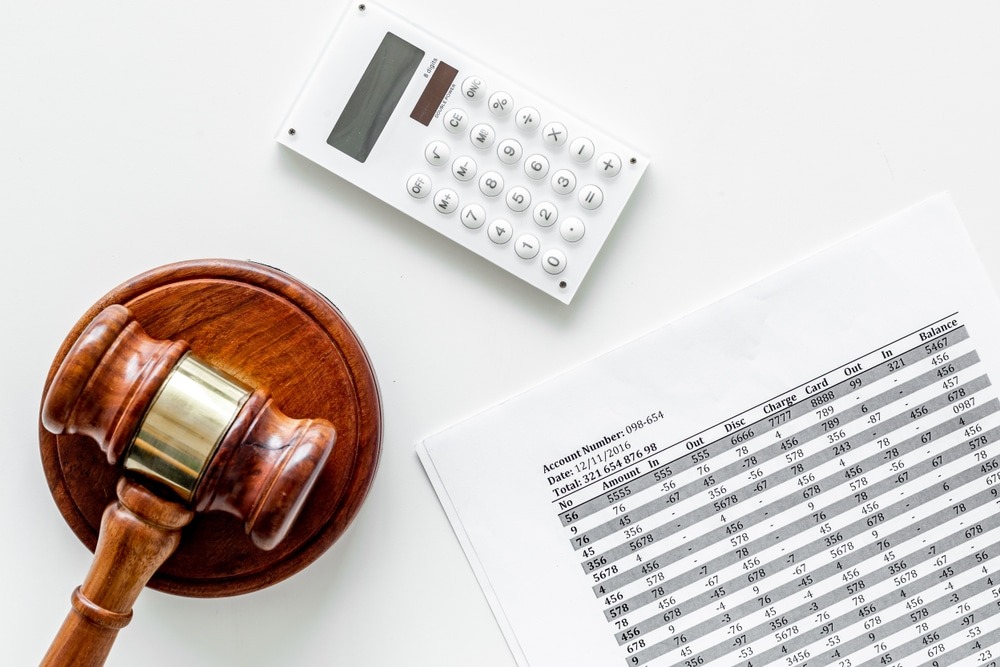
Filing for bankruptcy is a major decision that can have significant consequences on your financial and personal life. While it may seem like the only option when facing overwhelming debt, there are important things you should know before making this choice. Here are five key points to consider:
- The Different Types of Bankruptcy
There are different types of bankruptcy that individuals can file under, including Chapter 7 and Chapter 13. Each type has its own requirements and implications.
Chapter 7 bankruptcy involves liquidating assets in order to pay off debts, while Chapter 13 bankruptcy involves setting up a payment plan to repay debts over time. It’s important to understand the differences between these types of bankruptcies and which one would be best suited for your specific situation.
- The Impact on Your Credit Score
Filing for bankruptcy will have a negative impact on your credit score, which can make it difficult to obtain credit or loans in the future. This impact can last for several years after filing.
However, it’s important to note that if you’re already struggling with debt and late payments, your credit score may already be low. In some cases, filing for bankruptcy can actually help improve your credit score by eliminating outstanding debts and providing a fresh start to rebuild credit.
- The Effect on Your Assets
When you file for bankruptcy, certain assets may be protected from seizure by creditors depending on the type of bankruptcy filed as well as state laws . These could include your home or car under homestead exemptions ,retirement accounts under federal law etc.
However, other assets may not be protected and could potentially be seized in order to pay off outstanding debts. It’s important to discuss what assets may be at risk with an experienced attorney before filing.
- The Importance of Disclosure
One of the most important things you’ll need to do when filing for bankruptcy is disclose all financial information honestly and completely . This includes all debts owed ,income earned etc.
Hiding or failing to disclose information could lead to serious consequences such as dismissal of a case entirely , fines or even criminal charges.
It’s important to work closely with an experienced attorney who can guide you through the process of disclosing information accurately so that everything is handled properly from beginning till end.
- The Alternatives Available
Bankruptcy should always be considered as a last resort after exploring other alternatives available such as debt management plans ,negotiating with creditors etc.
These options might not provide immediate relief but they offer an opportunity towards reducing debt obligations without having long-term effects like those associated with filing for bankruptcy.
In conclusion, understanding these key points will help you make informed decisions about whether or not filing for bankruptcy is the right choice for you .While it may seem like an easy way out ,it has far-reaching consequences hence requiring careful consideration before taking any action.
By working closely with an experienced Birmingham bankruptcy attorney who specializes in helping individuals recover from financial hardships like these clients get personalized advice tailored according to individual circumstances thus improving chances for long-term financial stability.
Leave a Reply